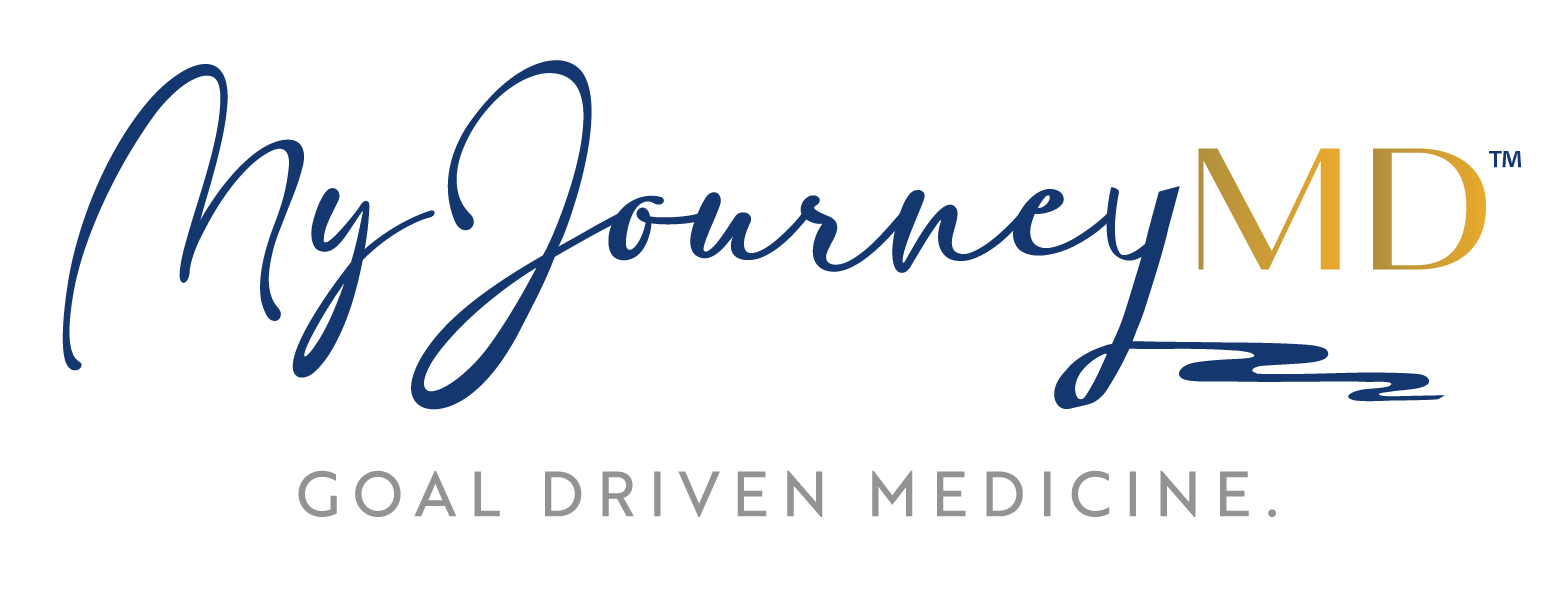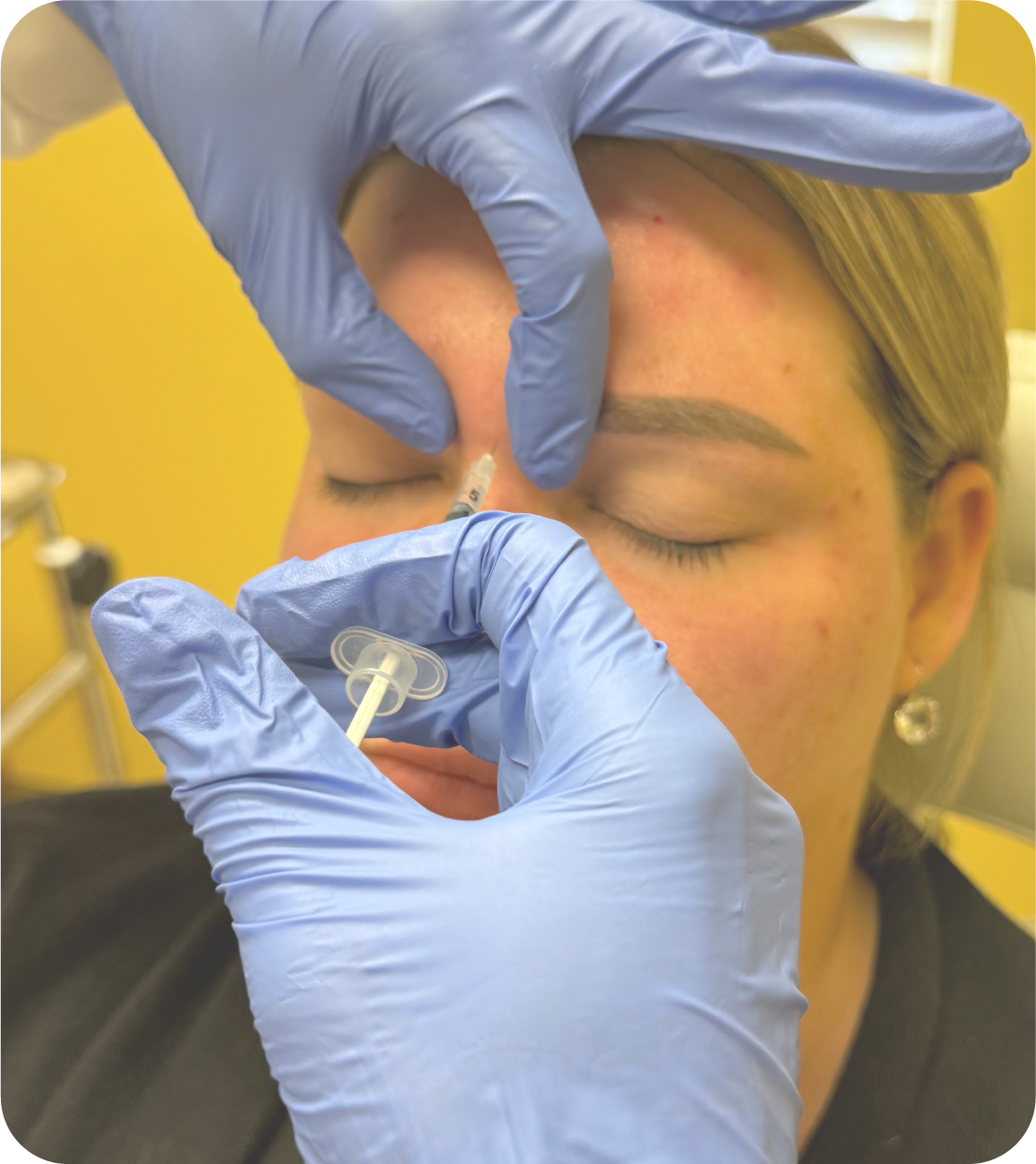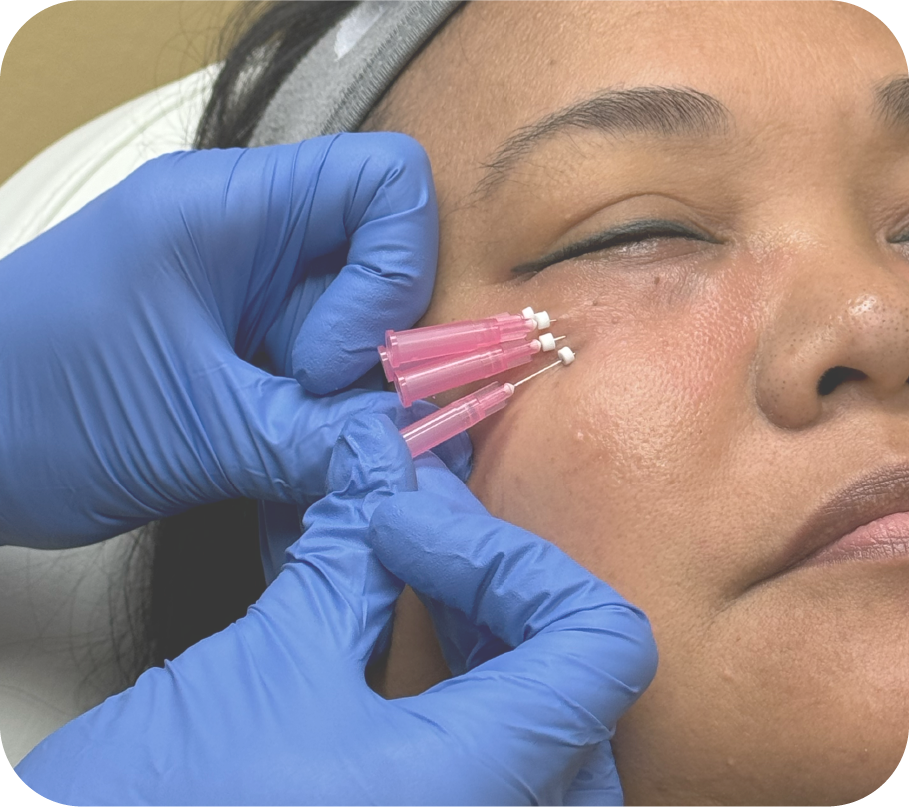5 Types of Dietary Supplements and Why You May Need Them

Dietary supplements can be categorized into 5 main types. This knowledge can help you navigate the supplement landscape and hone in on what you need for your specific health goals.
1. Nutrients
Nutrients are compounds required to sustain life. For humans these include vitamins and minerals such as water soluble vitamins (B's, and C) as well as the fat soluble vitamins (A, D, E, K). Important minerals include magnesium, calcium, potassium, as well as trace minerals such as selenium, zinc and iodine.
Deficiencies in nutrients are very common and can lead to numerous symptoms and diseases including: fatigue, hair loss, insomnia, brittle nails, depression/anxiety, anemia, dry skin, headaches, weight gain, white spots on nails, impaired wound healing, etc.
If you meet any of the above, call or book an appointment online today for a full nutrient evaluation by Dr. Williams!
2. Microorganisms
Microorganisms when provided in supplement form are called probiotics. The easiest way to think about these tiny living organisms is good vs bad. The good ones are helpful and productive while the bad ones are lazy and harmful. Taking a high quality probiotic can help kick out any bad microorganisms that you are harboring!
Signs that you may benefit from a probiotic include various skin conditions, various GI symptoms, repeated illness (poor immune system), food allergies, slow metabolism (weight gain, difficulty loosing weight), recently taken antibiotics.
3. Herbals/Botanicals
Herbals are any plant based supplement taken internally to treat disease or to maintain wellness. This tends to be the most confusing category for both patients and practitioners. Some of the supplements have well documented results (ex: curcumin and cancer) while other have little to no data.
4. Hormones
We only use bioidentical hormone supplementation for our patients. That means that the supplement will match the intended receptor perfectly. This is important to avoid unwanted inflammation or cross reactivity. Hormone supplementation can include progesterone, estradiol, testosterone, DHEA, and thyroid hormones. There is a vast array of symptoms associated with low hormones and a detailed analysis is necessary to assess whether hormone supplementation is appropriate for you.
5. Enzymes
Enzymes are a special type of protein that speed up chemical reactions in our bodies that make us more efficient. Sometimes we don't make enough or even any of these enzymes due to a genetic or underlyimg nutritional problem. Often supplementation of enzymes can be very helpful if an enzyme deficiency is causing you symptoms.






